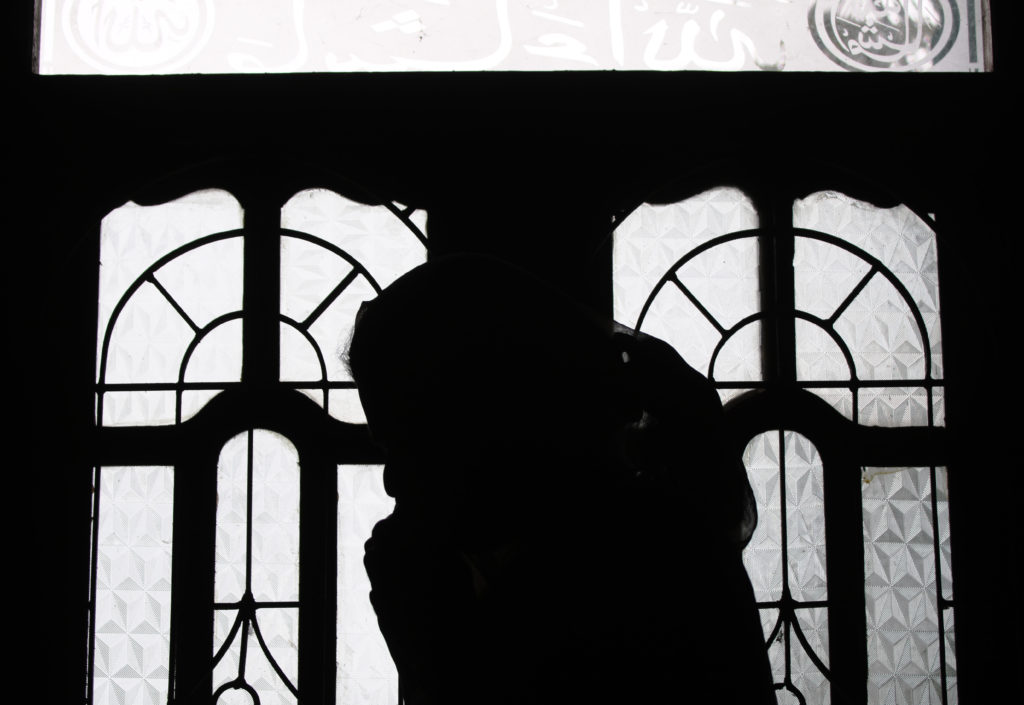This is the second in a series of video interviews conducted by sister publication Maatram, highlighting the difficulties faced by women under the Muslim Marriage and Divorce Act (MMDA).
Article 16 of the constitution states that existing written and unwritten laws, such as the MMDA, will continue in force even over constitutional law. There is currently a campaign for the reform of personal laws, with some calling for the repeal of Article 16 altogether.
Read below for an edited transcript of the interview, in English:
With the greatest of difficulty, I sold my jewellery so that my husband could go abroad to work. After he left, he only sent us a little money for a short while, and only after the family asked him for help. When he returned to Sri Lanka, he didn’t come back home. He didn’t give us any further help. I learned that he got married again. I filed a case in the Quazi court. In the end I had to give up my work (I was doing agricultural work, harvesting onions and surviving day to day) as I had to continuously go to Quazi court. Still, I didn’t receive any justice. In the end I stopped going for a long time. However, I believe my husband has a responsibility to provide for my two children’s stability. So I went back to the Quazi court and spoke to the judge. He said since it had been such a long period since I last went to the courts, everything had now been shifted to Colombo. He told me to go to Colombo and try there. I have no male support, and I don’t know the area. How can I go? For three years I have been fighting for justice. The Quazi court finally asked me to file a new case. My husband didn’t even come for the case hearing, though he was asked to. I have stopped my daily work, and I leave my children at home to come to courts. If I go to court in the morning, I return home only at 8 pm. If something happens to my children in that time, who will take responsibility? My mother is old and infirm. If I don’t go to work for one day, we will go hungry. At the moment, we take essential provisions from the local shop on loan, paying the shopkeepers back only when we have the money. This is how we are living. The children’s education is very expensive. My husband should pay for that at least. A husband has responsibilities too – to educate and provide for his children, just as children have the right to be educated.
To view the first video in the series, click here. The next video can be found here.
